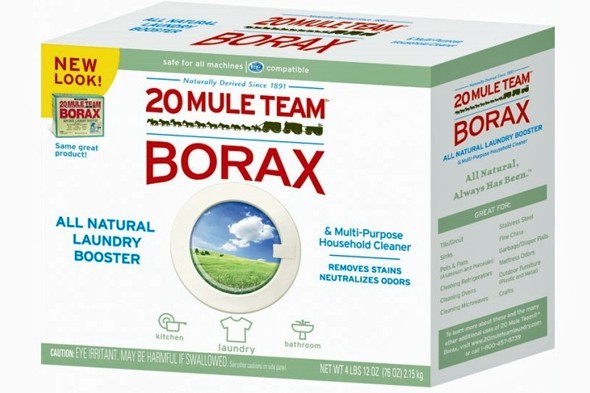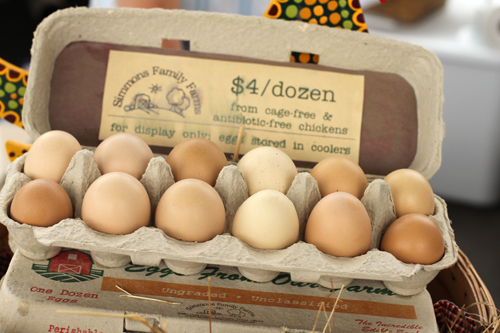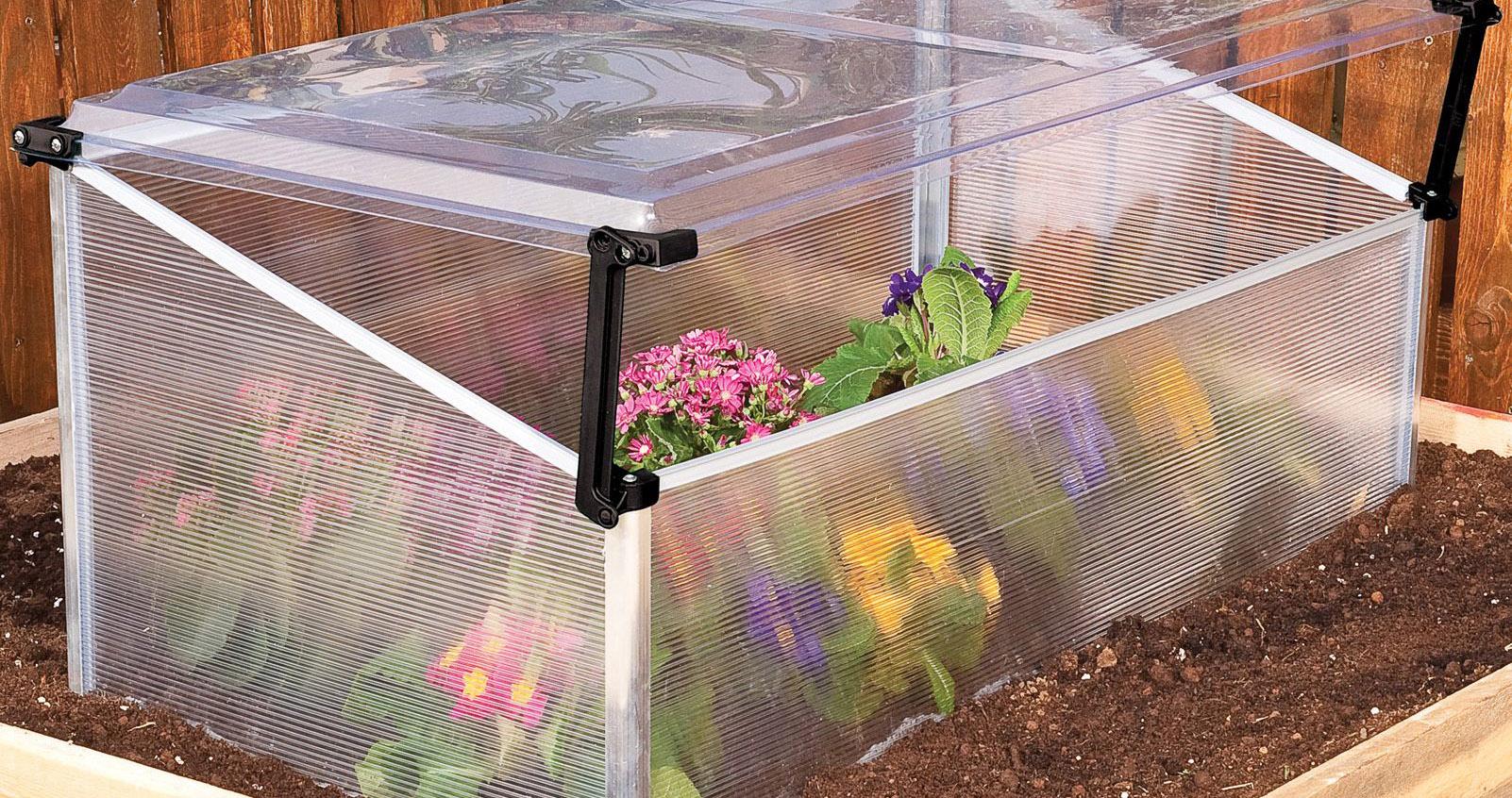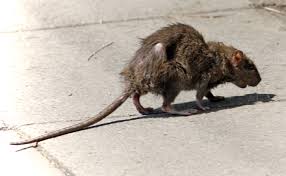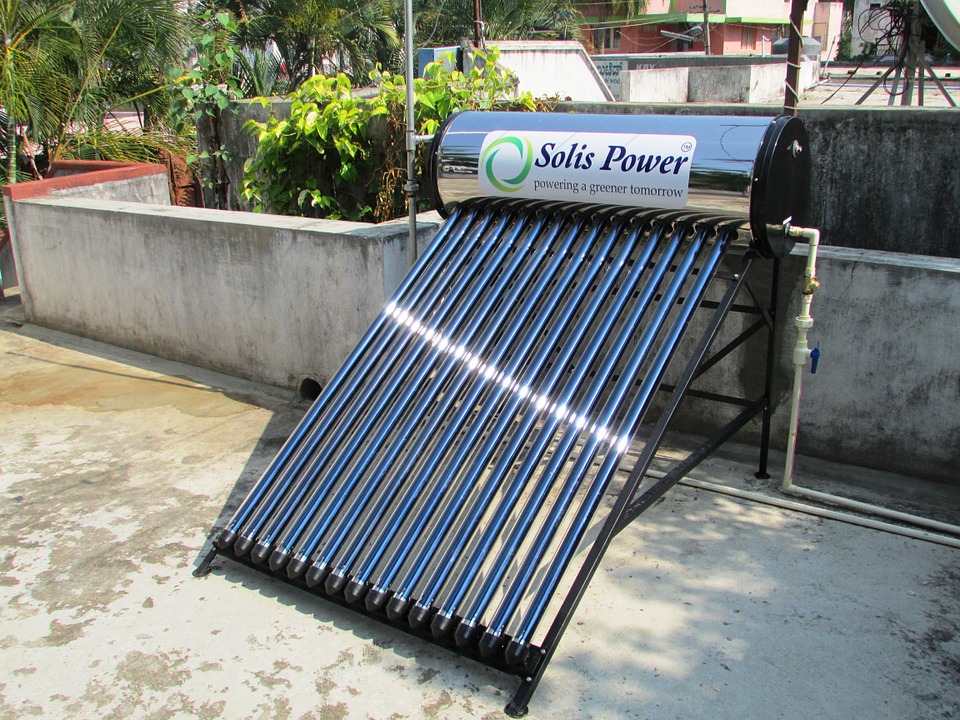10 Household Uses for Borax
Borax, or sodium borate, is a very cool old-school natural cleaning agent that has many uses around the home. It is most commonly used as a laundry booster or as a base for DIY laundry detergent, and it’s great for this. But there are actually many household uses for borax! A box of borax is … Read more

